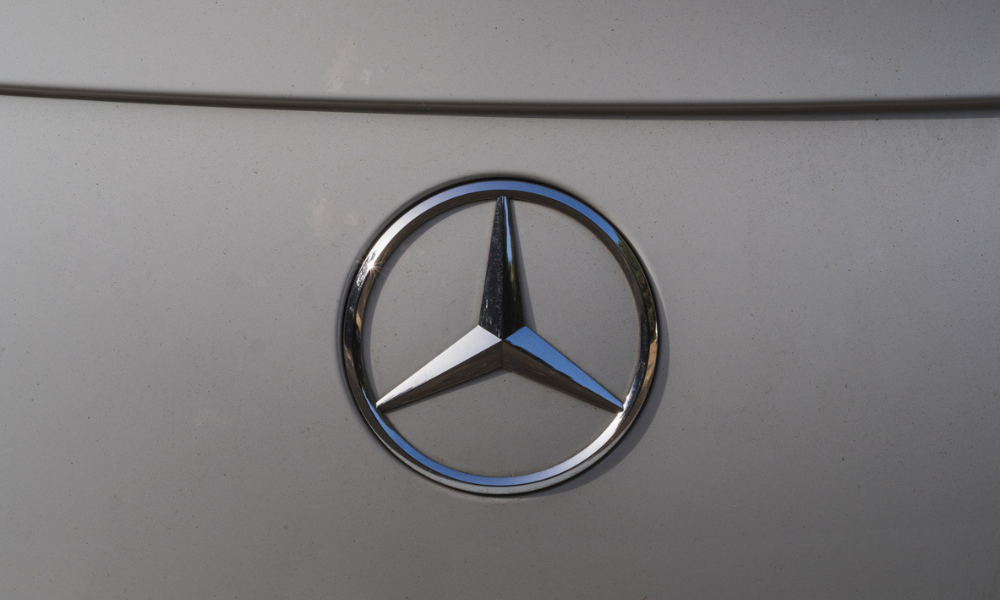
Worker says it was an accident – was dismissal too harsh?

A worker recently filed a dismissal claim before the Fair Work Commission (FWC), arguing that her termination was harsh after she encountered an “accident” at the workplace. However, the employer called her “careless” after she drove a client’s car into a structure that “significantly damaged” the vehicle.
Taylor Collier worked at Qube Ports Pty Ltd's Port Kembla facility and found herself terminated on May 25, 2023. Collier, initially hired through a labour hire company, transitioned to direct employment with Qube Ports Pty Ltd on February 4, 2020.
She worked as a stevedore with a diverse range of responsibilities and maintained an “unblemished employment record” until the unfortunate incident.
Her role on the day of the incident involved serving as a Breakout Team member within a Pure Car Carrier (PCC) vessel. Collier said that the team experienced challenges due to the quick return times of PCC drivers. She said that she had difficulties operating the vehicle and had her vision "obstructed" by various structures.
The accident occurred on March 26, 2023, when Collier was maneuvering a Mercedes SUV within a vessel, resulting in significant damage to the vehicle's front corner.
Qube said it conducted a thorough investigation over the next two months, which ended in the decision to terminate Collier's employment. It argued that "Collier’s explanations over time reveal her failure to properly take responsibility for the incident."
It said that "Collier’s responses and explanations were evasive" and “from the moment that the incident occurred, the [worker] immediately attempted to shift blame away from her own careless conduct.” Qube further expressed concerns about workplace safety and the company's reputation.
"I have put myself at risk in this situation and understand the seriousness of a workplace injury for an employee and for [the employer]. I understand that this has damaged [the company's] reputation with its client which I am very sorry for that," the worker said.
Meanwhile, Qube acknowledged that Collier did not "deliberately [drive] the vehicle into the [structure]." Rather, Qube said that the worker "failed to check her surrounds, and failed to ensure that the route was cleared of obstacles," emphasising that she was "careless."
The FWC found that Collier “had worked at the site for four (4) years without any kind of blemish on her record.”
“The incident was an accident and a mistake. It would have been appropriate to issue a warning to Collier. Qube was entitled to expect [her] to take great care in performing her work – particularly when the work involved manoeuvring expensive vehicles in confined spaces,” it said.
“[However], Qube did not demand perfect performance from Collier or other employees performing the same work. There was evidence of other vehicles suffering damage and those responsible for the damage remaining in employment,” it added.
“Damaging a vehicle is a valid reason for dismissal and could form the basis of a legitimate and fair dismissal. If the circumstances had been different, for example if [she] had been skylarking in the vehicle or had been wilfully reckless of the potential damage/consequences of her driving, then a warning might not have been appropriate, and that summary dismissal might have been reasonable,” the FWC said.
“[But] Collier was cooperative in Qube’s investigation, showed genuine and appropriate remorse and the [employer’s] ‘disappointment’ that Collier had failed to truly accept responsibility for her significant mistake was unreasonable.”
Thus, the FWC said that her dismissal was harsh and unreasonable. It then ordered for her to be reinstated to her former position.